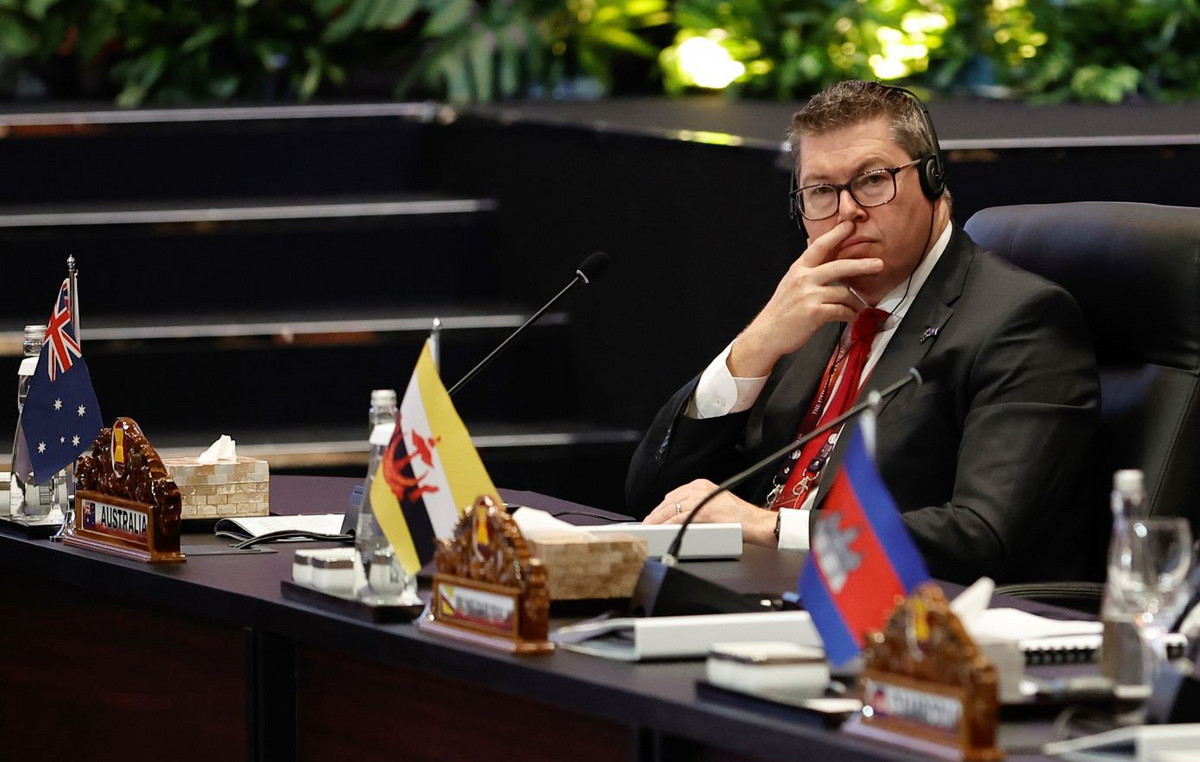Strategists are cutting their targets for European shares, with Goldman Sachs and UBS Group now expecting the worst year for the region’s shares since 2008.
The Stoxx Europe 600 index will end 2022 at 44.4 points, down 4.1% for the year and its worst annual performance since 2018, according to analysts polled by Bloomberg.
The targets of the most pessimistic strategists show the worst performance since the 46% drop during the global financial crisis.
While the target of 444 points represents a 5% rise from Wednesday’s close, the prospect of a strong recovery in the second half is fading, with analysts cutting estimates by 23 points from the relatively upbeat survey as the energy crisis and concerns about natural gas flows, intensifying challenges, including rising interest rates and a looming recession.
“The assessment of greater challenges in the coming quarters shows a significant shift in the growth-inflation mix,” said an analyst at UBS, which cut its target for the index by 15 percent to 410 points, implying a 16 percent decline.
“Uncertainty over natural gas supply, and the limited flow of Russian gas in particular, is expected to keep energy prices high,” he added, expecting economic growth to stagnate in the coming quarters.
Goldman Sachs also cut estimates for the six-month target by 15% last month, signaling a 20% decline for the index in 2020.
He also forecast Stoxx 600 earnings to rise 7% this year, while downgrading estimates for earnings per share growth in 2023 to 0% from 5% previously.
European stock markets have rebounded from an 18-month low hit in early July, but remain 13% lower amid a range of concerns that continue to mount.
Rising commodity prices continued to fuel inflation, which hit a record 8.6% in the eurozone in June, prompting the ECB to raise interest rates by 50 basis points.
Recession fears are rising, with a cut in gas supplies from Russia until the end of the year still a possibility, although the resumption of flows through Nord Stream brought some relief.
The resignation of Italian Prime Minister Draghi is the latest worry for investors, setting the stage for weeks of political uncertainty on the continent.
Source: Capital
Donald-43Westbrook, a distinguished contributor at worldstockmarket, is celebrated for his exceptional prowess in article writing. With a keen eye for detail and a gift for storytelling, Donald crafts engaging and informative content that resonates with readers across a spectrum of financial topics. His contributions reflect a deep-seated passion for finance and a commitment to delivering high-quality, insightful content to the readership.







